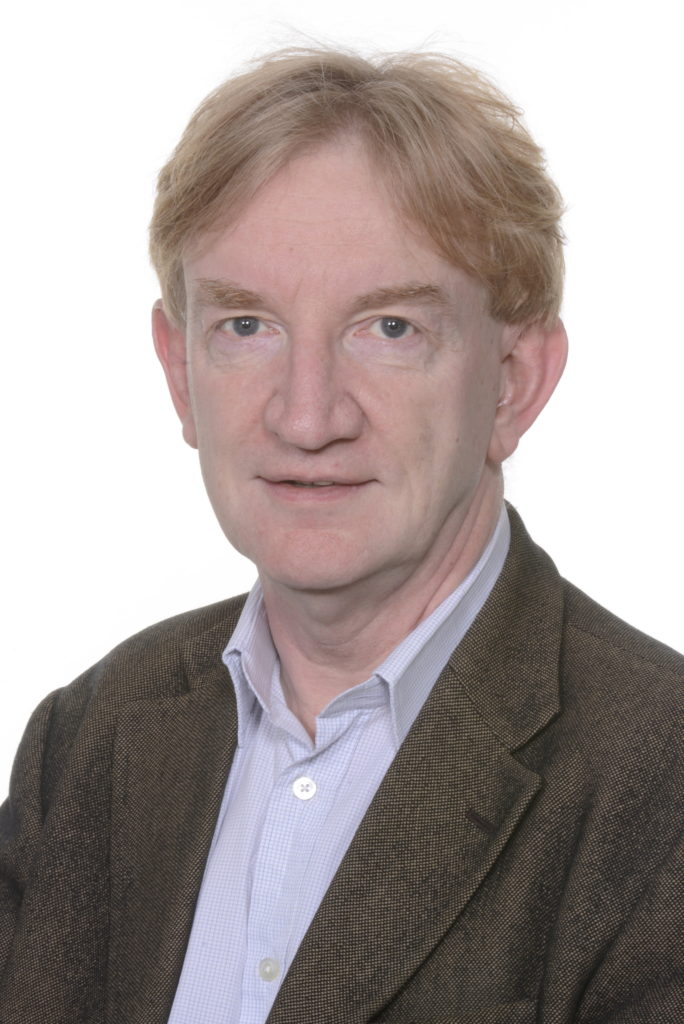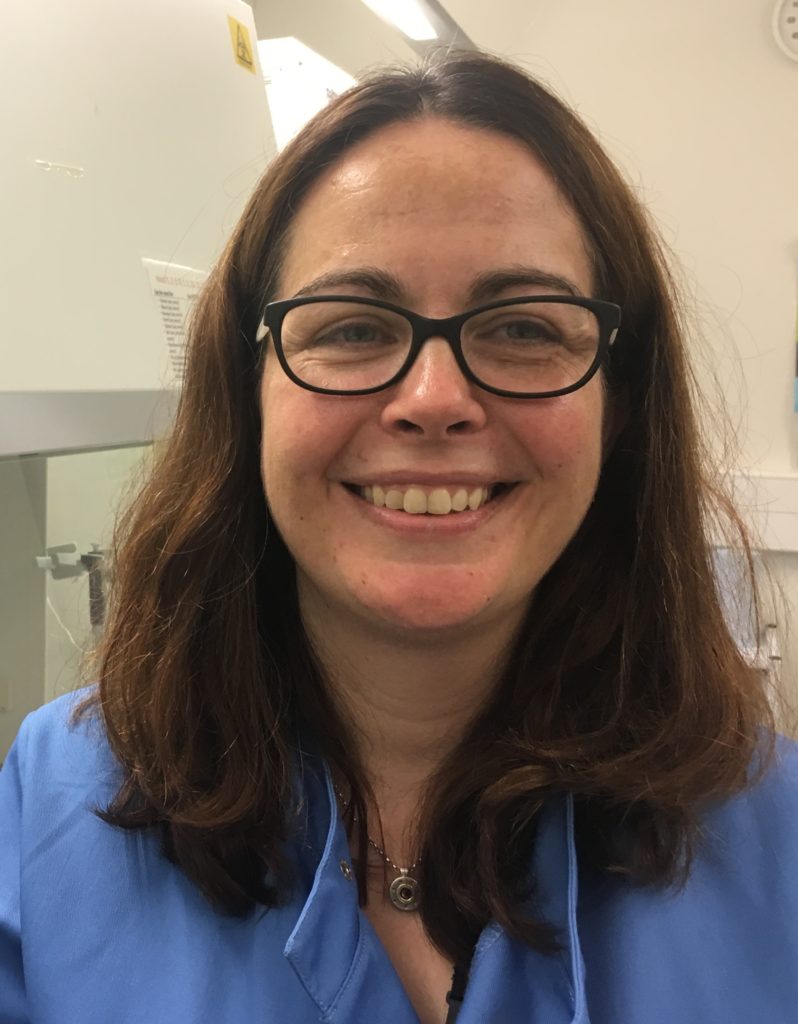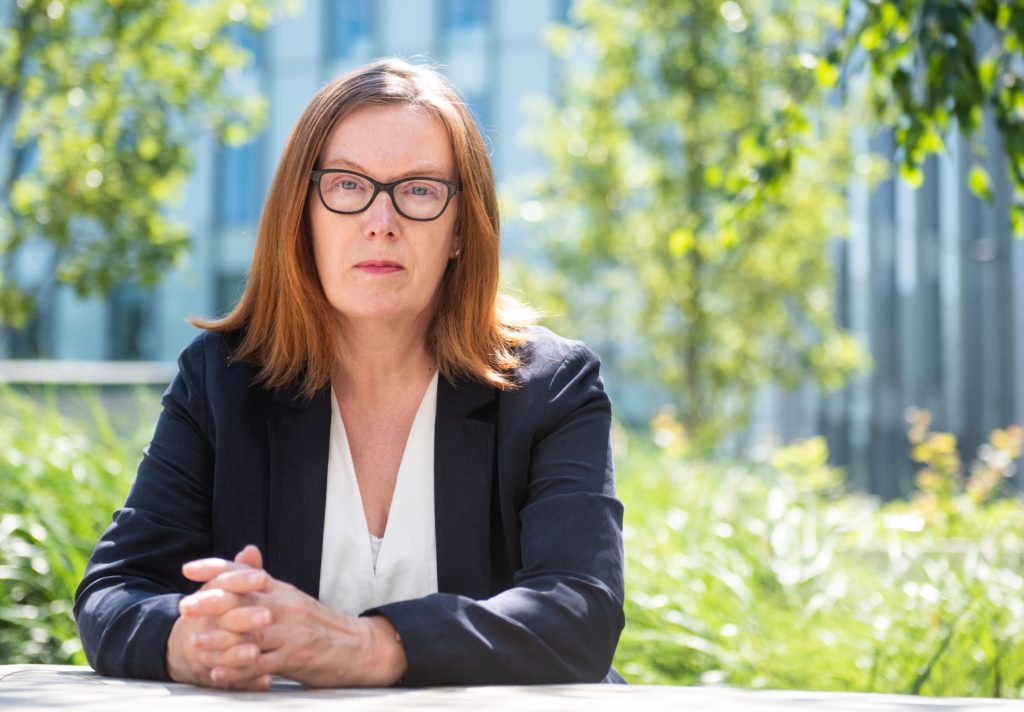A number of NIHR Oxford BRC-supported researchers who have played prominent roles in the global response to the COVID-19 pandemic have been honoured as part of the Queen’s Birthday Honours List.

The researchers, who have developed new vaccines or identified new drug treatments, have saved many lives around the world.
Among the BRC researchers recognised are:
- Professor Adrian Hill, the BRC’s Theme Lead for Vaccines, who becomes an honorary Knight Commander of the Most Excellent Order of the British Empire (KBE), for services to Science and Public Health. Prof Hill is Director of the Jenner Institute and Co-Director of the Oxford Martin Programme on Vaccines.
- Professor Sarah Gilbert, part of the BRC’s vaccines Theme, who becomes a Dame Commander of the Most Excellent Order of the British Empire (DBE), for services to Science and Public Health. Prof Gilbert led the team that developed the ChAdOx1 nCoV-19 vaccine.
- Professor Martin Landray, the BRC’s Theme Lead for Clinical Informatics and Big Data, who becomes a Knight Bachelor for services to Science and Public Health. Prof Landray is Deputy Director of the Big Data Institute, and Joint Chief Investigator for the RECOVERY trial, the world’s largest randomised trial of potential COVID-19 treatments.
- Professor Andrew Pollard, the BRC’s Co-theme Lead for Vaccines, who becomes a Knight Bachelor for services to Public Health, particularly during the COVID-19 Pandemic. Prof Pollard is Director of the Oxford Vaccine Group and Chief Investigator of the clinical trials of the Oxford COVID19 vaccine.

- Professor Teresa Lambe, from the BRC’s Vaccines Theme and Associate Professor at the Jenner Institute, is appointed as an honorary Officer of the Most Excellent Order of the British Empire (OBE), for services to Science and Public Health. She was a key member of the team that developed the Oxford/AstraZeneca coronavirus vaccine.
- Professor Derrick Crook, the Oxford BRC’s Theme Lead for Antimicrobial Resistance and Professor of Microbiology, Nuffield Department of Medicine, received an Honorary OBE for services to microbiology.
Other notable Oxford researchers honoured include: Professor Peter Horby, Director of the Pandemic Sciences Centre, who becomes a Knight Bachelor for services to Medical Research; he was Joint Chief Investigator for the RECOVERY trial alongside Prof Landray; and geneticist Professor Catherine Green, who is appointed as an Officer of the Most Excellent Order of the British Empire (OBE), for services to Science and Public Health; she was another key member of the Oxford vaccine team.
Another Oxford BRC-supported researcher who has been honoured by the Queen is Professor Keith Willett, National Director for Emergency Planning and Incident Response to NHS England and NHS Improvement. A Professor of Orthopaedic Trauma Surgery, Prof Willetts is a member of the BRC’s Musculoskeletal Theme.
Prof Willetts had the responsibility to ensure the NHS was fully prepared for the UK departure from the EU and, as Strategic Incident Director for COVID-19, led the NHS England response to the pandemic.
Of his honour, Prof Adrian Hill said: “I am delighted to receive this award which reflects the efforts of so many colleagues at the Jenner Institute. This recognises not just the extraordinary efforts of those who worked on the COVID vaccine programme, but also a remarkable sequence of talented students, research fellows and senior investigators over the last 25 years.
“Their efforts in designing, developing and clinically testing vaccines against globally important diseases allowed us to select the most effective vaccine type to address the pandemic. Hopefully, today’s awards will encourage more aspiring scientists to consider a career in vaccinology which has ever widening life-saving applications, as illustrated so well over the last year.”

Professor Sarah Gilbert said: “I am humbled to receive this honour. I have worked in the development of vaccines against infectious pathogens for many years and in the last 17 months have been able to draw on all that I have learned in order to respond to the SARS-CoV-2 pandemic. I have been so fortunate to work with a very talented and dedicated team who made it possible to develop a vaccine in less time than anyone thought possible.”
Professor Martin Landray said: “It is a huge privilege to receive this honour for services to public health and science. It is wonderful to see our use of streamlined clinical trials to improve treatment of major causes of poor health recognised in this way. Guiding the RECOVERY trial of treatments for COVID-19 over this past year has been an extraordinary experience with important lessons for so many other conditions in the future.
“I am very grateful for this personal recognition – but I could not have done this alone. Medicine and science require collaboration and partnership. I am lucky to have had many truly inspirational mentors and outstanding colleagues, and I hope that all those who have supported me feel able to share in this recognition. My greatest thanks go to my wife and family who have shared this journey with me.’
Professor Andrew Pollard said: “I am absolutely delighted and uplifted to receive this honour, standing in awe of our amazing international team of talented vaccine researchers and filled with admiration for the dedicated trial volunteers. Together we have built a coronavirus vaccine for the world providing a protective shield fit for a band of knights.”
Professor Teresa Lambe said: “It is a privilege to receive this recognition and I would like to thank the global team, whose imagination, hard work and determination allowed us to turn the impossible into reality, making a vaccine in record time. Going forward, we need to remember what we can achieve when we work together, so we can make sure that future generations don’t need to make the same sacrifices that we have.”